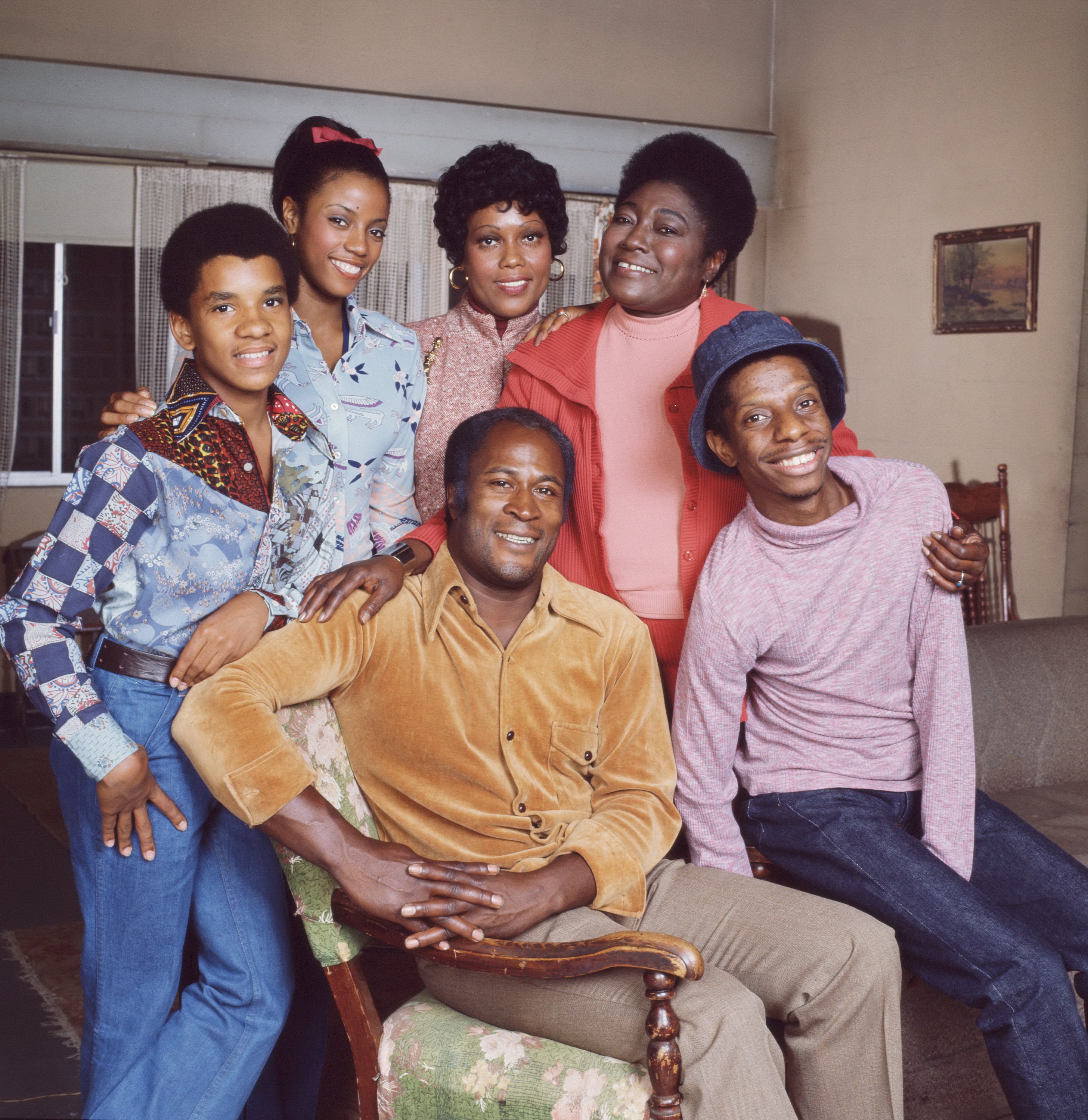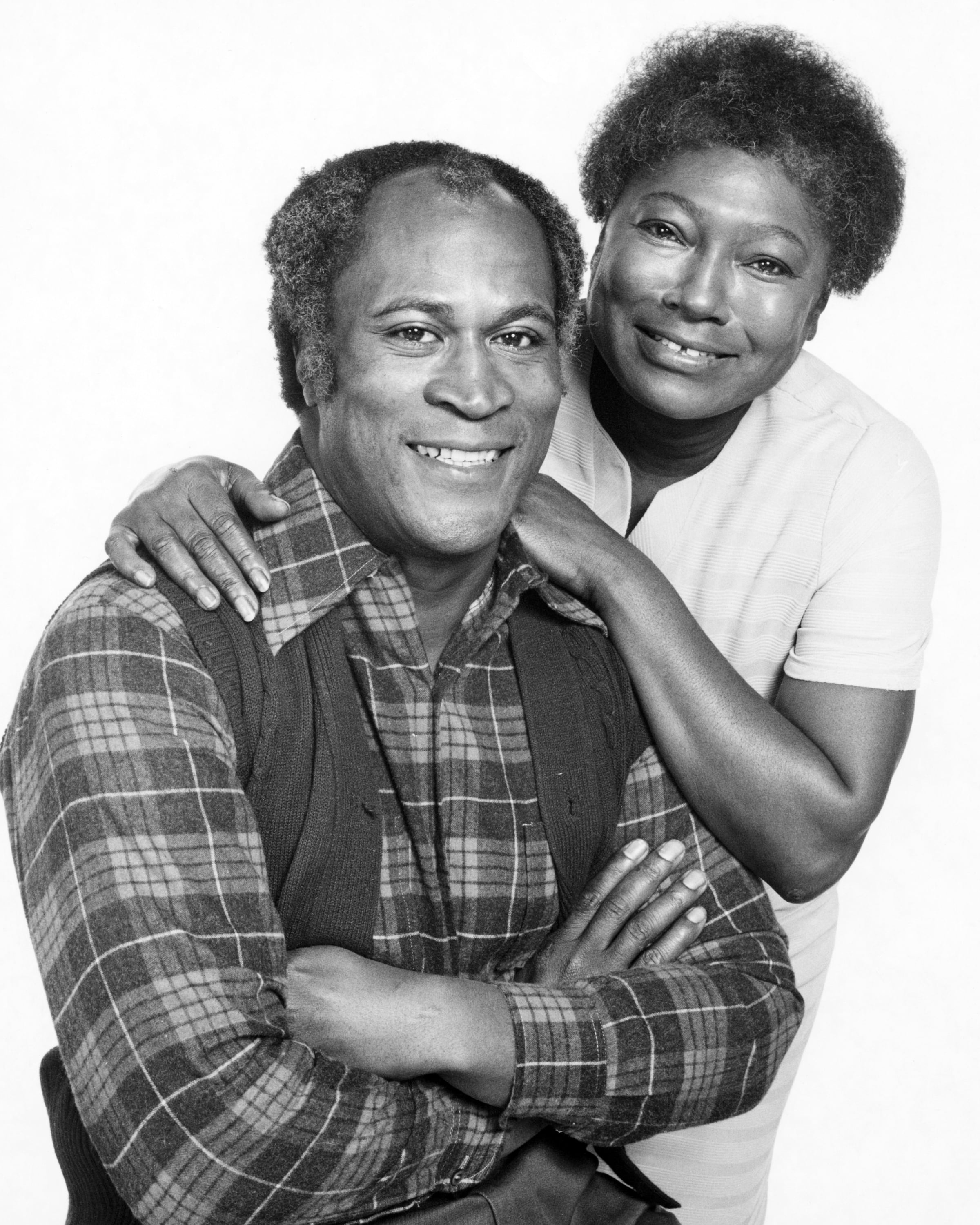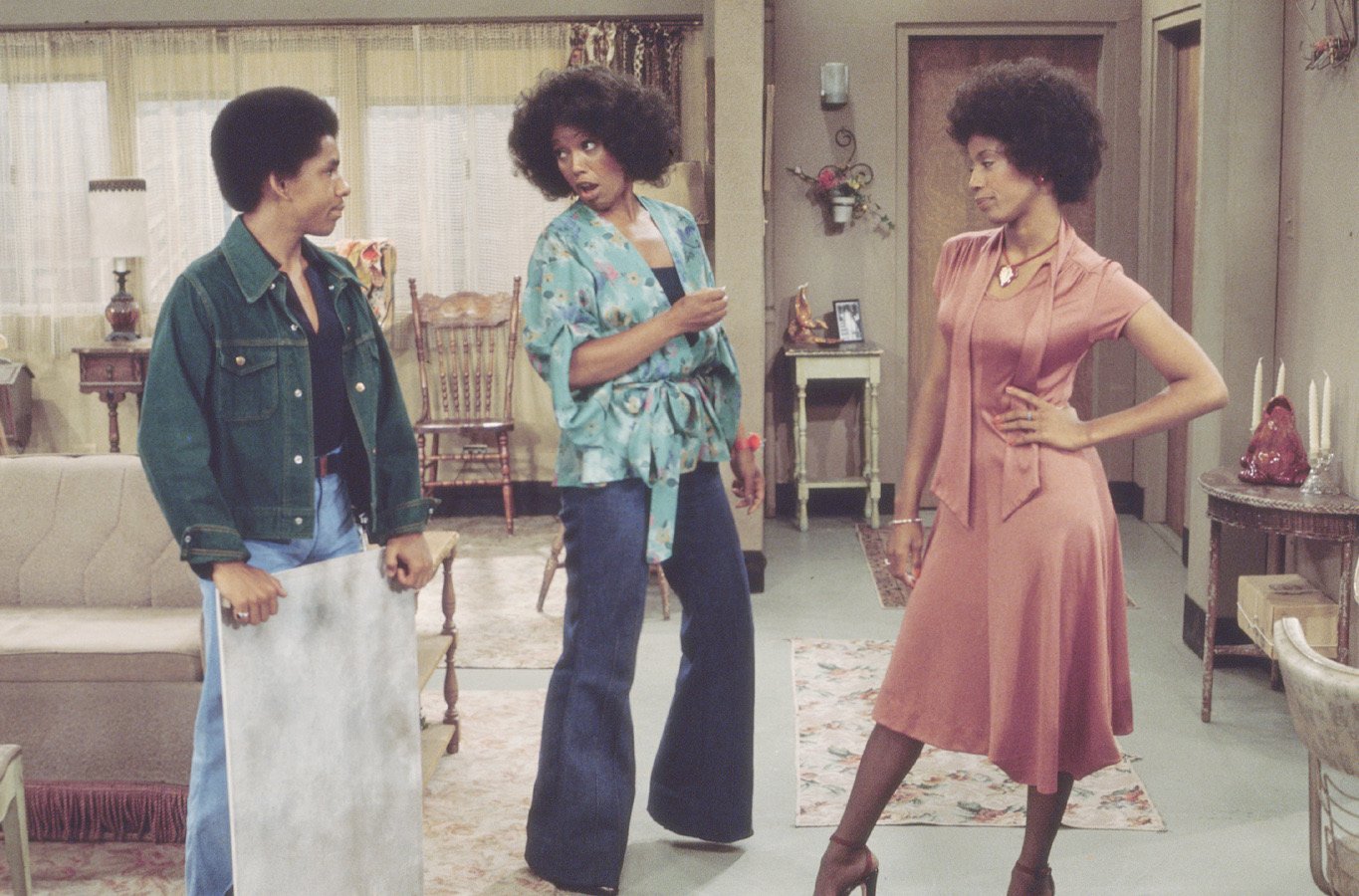‘Good Times’: The 1 Episode That Star Esther Rolle Wouldn’t Do – But Was Forced to by the Show’s Producer
The 1970s sitcom Good Times became well-known for not only being funny but also facing challenging issues of the day head on.
From prejudice to drug abuse to poverty, the Norman Lear-produced show could be counted on to delve into topics other programs didn’t have the stomach to confront.
As much as the cast was on board with using their show as a vehicle for the broaching of difficult matters, Florida Evans actor Esther Rolle wasn’t keen on a particular topic she found too offensive. In fact, she adamantly refused to take part in the episode.

Esther Rolle complained about scripts frequently
According to Lear, the show’s two main stars, Rolle and her on-screen husband John Amos who portrayed James Evans, were constantly up in arms over the comedy’s scripts. It was behavior from the actors, Lear said, that had to end.
“Their hypersensitivity to how they were perceived – by social forces that were not of one mind – cost us all dearly,” Lear wrote in his memoir Even This I Get to Experience. “We were losing some unique subject matter and a degree of reality that made for our show’s freshness. This had to stop.”

The episode Florida Evans actor Rolle put her foot down about
Lear stated there was “one story line Esther was refusing to consider” that ended up turning things around.
The episode was “Thelma’s Problem” and it dealt with the Evans’ only daughter, 16-year-old Thelma, who was being pressured by her boyfriend to become sexually active in their relationship. Thelma, played by Bern Nadette Stanis, was feeling ambivalent about what to do and in the script wanted her mother’s advice.
Rolle wanted no part of it, Lear said: “When Esther heard about it, she refused the script. ‘No point in even reading it. The last thing we want this family to deal with on our show is teenage sex. There is enough that’s morally wrong on TV. Not on my show!'”
The show’s producer who also created Maude, the sitcom from which Good Times was a spin-off, had heard enough.

Lear then put his own foot down
“Maybe it was the ‘my show’ syndrome setting in that did it,” Lear wrote, “but finally I knew I had to do something.”
What the creator and producer of numerous hit sitcoms including All in the Family and The Jeffersons did was call a meeting with cast members, writers and the show’s director for a chat. Letting the show’s cast and crew know how much he appreciated and admired their work, he made it clear that the “mindsets” they were presenting were creating problems.

“The buck was going to stop with me, I told them,” Lear said. “When we couldn’t reach an agreement on whatever the issue, I would make the decision as to what route we took.
“On the matter of “Thelma’s Problem,” Lear informed Rolle, “the discussion was over and we were going ahead with the script.”
The decision “didn’t go down as well with Esther and John as I would have liked,” Lear said, but the episode went ahead and was received with mostly positive feedback.


